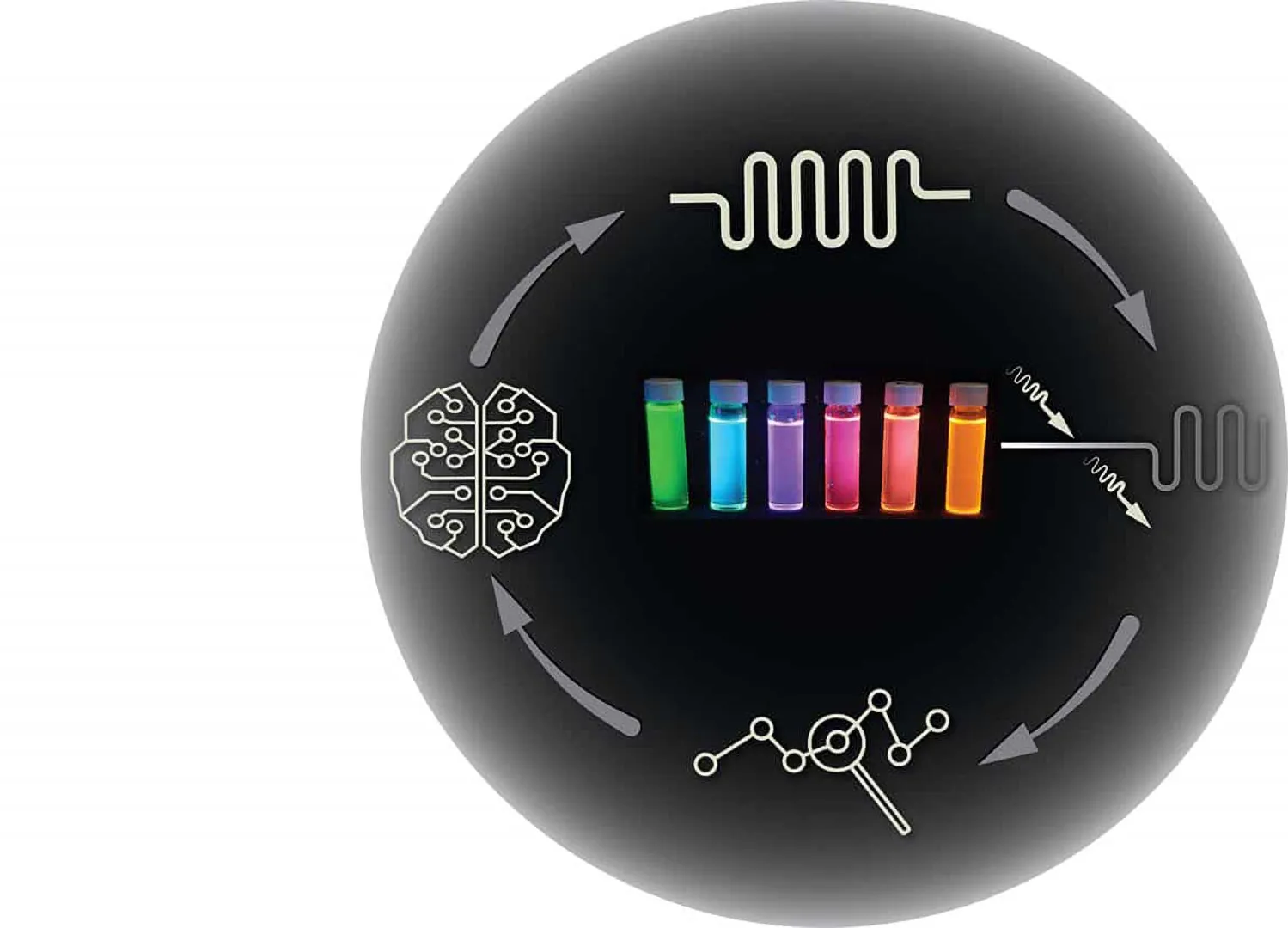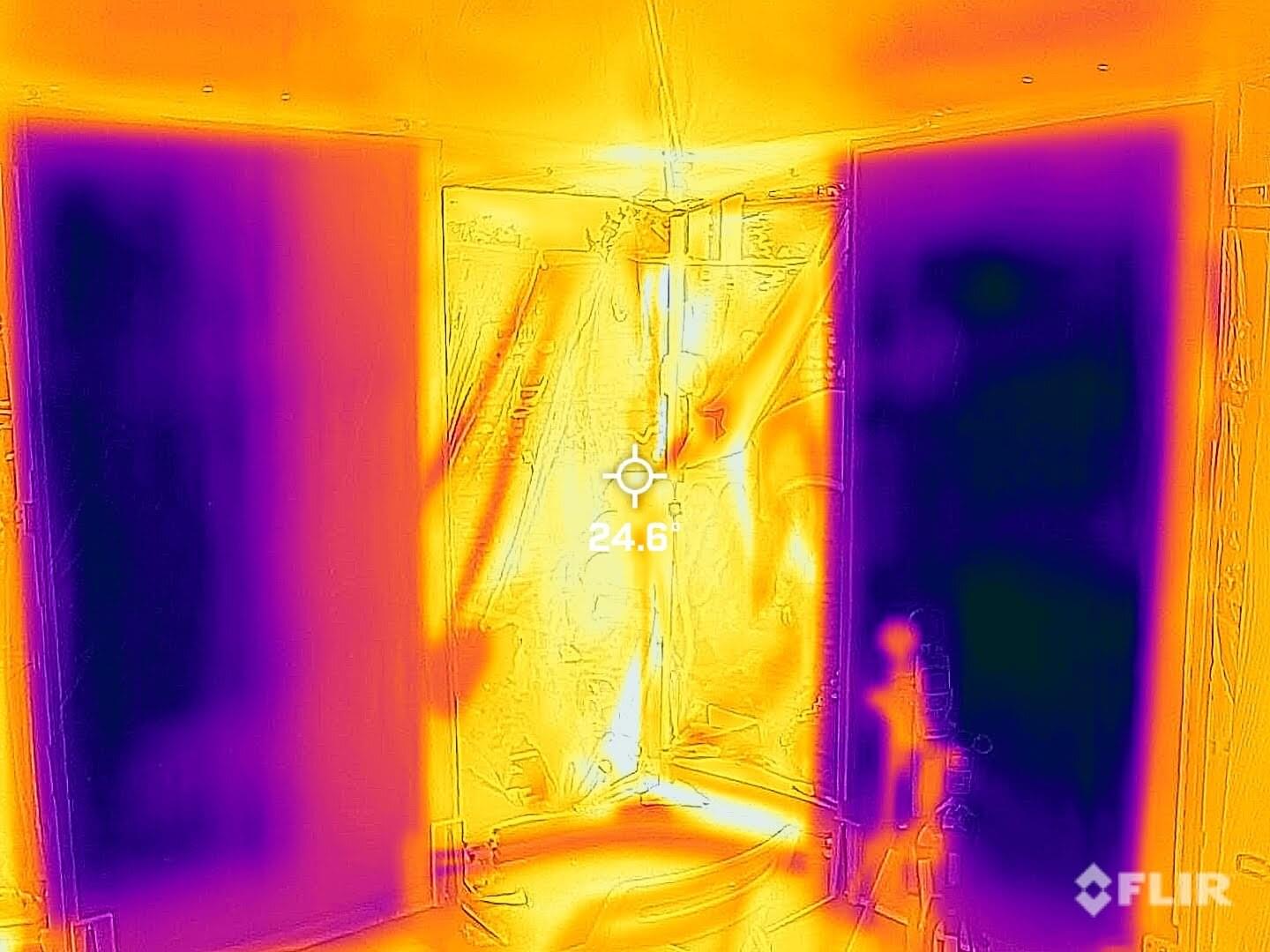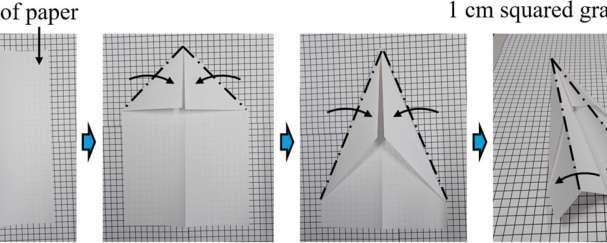Tesla CEO Elon Musk teases a new Tesla product after visiting the company’s design studio.


Questions to inspire discussion.
🏢 Q: What are Elon Musk’s current ownership stakes in Tesla and XAI? A: Musk owns 55% of XAI and 12.9% of Tesla, with potential to increase his Tesla ownership to 20% through a compensation package.
💰 Q: How do the valuations of XAI and Tesla compare? A: XAI’s valuation is expected to reach $200 billion in the next round, while Tesla’s valuation is approximately $1 trillion.
Potential Conflicts and Risks.
⚖️ Q: What conflict of interest exists for Elon Musk in a potential merger? A: Musk’s significant ownership in both companies creates a conflict of interest in merger discussions, as he must balance his interests in XAI (55% ownership) and Tesla (12.9–20% ownership).
🔒 Q: What control risk does Elon Musk face with Tesla? A: Musk currently lacks the 25% voting control needed for major decisions in Tesla, presenting a non-trivial control risk that could be mitigated through Tesla’s investment in XAI. ## Key Insights.

A new leap in lab automation is shaking up how scientists discover materials. By switching from slow, traditional methods to real-time, dynamic chemical experiments, researchers have created a self-driving lab that collects 10 times more data, drastically accelerating progress. This new system not only saves time and resources but also paves the way for faster breakthroughs in clean energy, electronics, and sustainability—bringing us closer to a future where lab discoveries happen in days, not years.


A team of UCLA engineers and researchers has developed a new technique to make it feel up to 10 degrees Fahrenheit cooler outside while preserving a sense of safe and open space.
Featured in Nature Sustainability, the UCLA-led study demonstrated a new way to harness radiant cooling. Instead of relying on dark and windowless spaces, such as a tunnel, to create radiant cooling that raises safety concerns for public outdoor spaces, the new approach combines water-cooled aluminum panels and see-through, infrared-reflective thin polymer film, which allows both efficient cooling and visibility—a top priority, especially for residents in urban communities.
As climate change accelerates, extreme heat events are occurring with greater intensity and frequency, threatening the safety of people who spend significant time outdoors.

Space junk is a huge problem. The surge in satellite launches in recent years is leaving low Earth orbit (LEO) cluttered with debris such as discarded rocket bodies, broken parts and defunct satellites. Beyond the risk of debris colliding with working satellites that are vital for navigation, communication and weather forecasting, large pieces could come crashing back down to Earth.
Space junk may also be a threat to the environment. Old rockets and satellites burn up when they re-enter the atmosphere, leaving a trail of chemicals behind that could damage the ozone layer. The more we launch, the messier LEO gets, and the bigger the problems become.
Space agencies and private companies are looking at ways to clear up the litter we leave behind, but they’re also exploring how to build more sustainable rockets and satellites, using organic polymers instead of metals. In a new study, published in Acta Astronautica, researchers turned to origami, the ancient Japanese art of paper folding, to find a sustainable alternative.
Tesla’s Giga Nevada factory is making significant progress in the production of its Semi trucks and batteries, and is expected to play a major role in the company’s future growth and dominance in the electric vehicle market ## ## Questions to inspire discussion.
Semi-Truck Production.
🚛 Q: What progress is Tesla making on semi-truck trailers at Giga Nevada? A: Tesla is using double drop trailers to haul oversized loads of large machinery, which is a critical step in the factory’s development for semi-truck production.
🔋 Q: How does the LFP battery production at Giga Nevada relate to semi-truck goals? A: The LFP factory is designed to produce 10 gigawatts of stationary batteries annually, which is insufficient for Tesla’s goal of producing 50,000 semi-trucks.
Battery Production.
⚡ Q: What is the current status of battery production at Giga Nevada? A: Battery production is almost ready to begin, with the LFP factory set up to manufacture stationary batteries.


